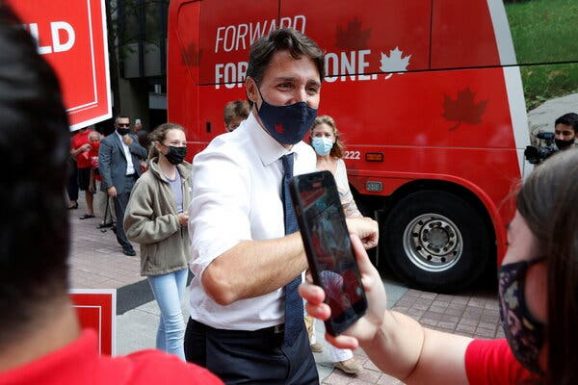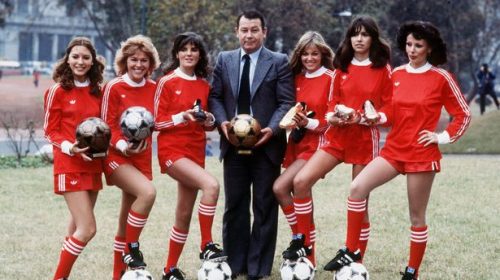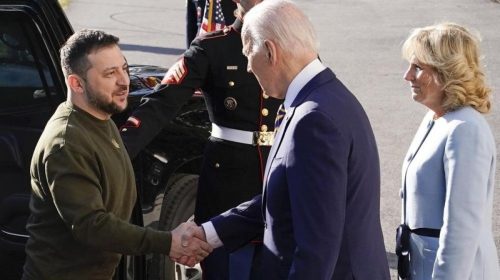With elections scheduled on September 20, the ruling Liberal Party led by Prime Minister Justin Trudeau is having tough time answering queries on hasty troops withdrawal in Afghanistan.
As the troops’ withdrawal fiasco in Afghanistan continues to dominate the news in Canada, it may be having an effect on Justin Trudeau’s attempt to garner a parliamentary majority in the September 20 elections.
For the first time in months, Trudeau’s ruling Liberal Party is in a statistical tie nationally with the principal opposition Conservative Party.
Trudeau has had to address the crisis in Afghanistan at every election stop, and that was also the case on Tuesday. After a virtual G7 summit, he told reporters that Canada was “ready to stay beyond the (August) 31st deadline if it’s at all possible, because we want to save as many people as possible.”
That, however, will depend on whether the United States remains in Kabul beyond that date, as a prime minister’s office spokesperson told the outlet CBC News such a call was “contingent on the extension of the US military presence”.
While Trudeau said nearly 2,000 people have been evacuated from Kabul thus far by the Canadian Armed Forces, his government has faced criticism for its lack of planning and tardy action in this regard. Among the critics are those associated with the World Sikh Organisation who have expressed their “disappointment” over Canada’s inability to rescue minorities from Afghanistan.
All of this is having an impact on Trudeau’s electoral ambition as the outlet Global News pointed out the “first week of the campaign has been dominated by criticisms over the Trudeau government’s slow evacuation”.
That comment came with a poll by the agency Ipsos for the outlet which showed that the Liberals have lost 3 points over a week and now have 33% support nearly the same as the Conservatives, who are at 32%.
Another national poll conducted by the non-profit Angus Reid Institute underscored that trajectory, as it also found a statistical tie, with the Liberals again at 33%, a lead of just 2 points over the Conservatives.
However, the good news for Trudeau could be that foreign affairs is rarely a decisive element in an election outcome in Canada. In an interview last week, political scientist professor Nelson Wiseman said that “it doesn’t end up being a factor in voters’ decisions”.
Later in the campaign, he said, “It’s not something that people will be paying attention to unless something really dramatic happens.”
In weeks from now, he felt, leaders will not be talking about such issues because their pollsters will be telling them what’s top of mind for voters and “foreign policy isn’t”.
For now, however, it may well be and Trudeau has to address the matter every day.




